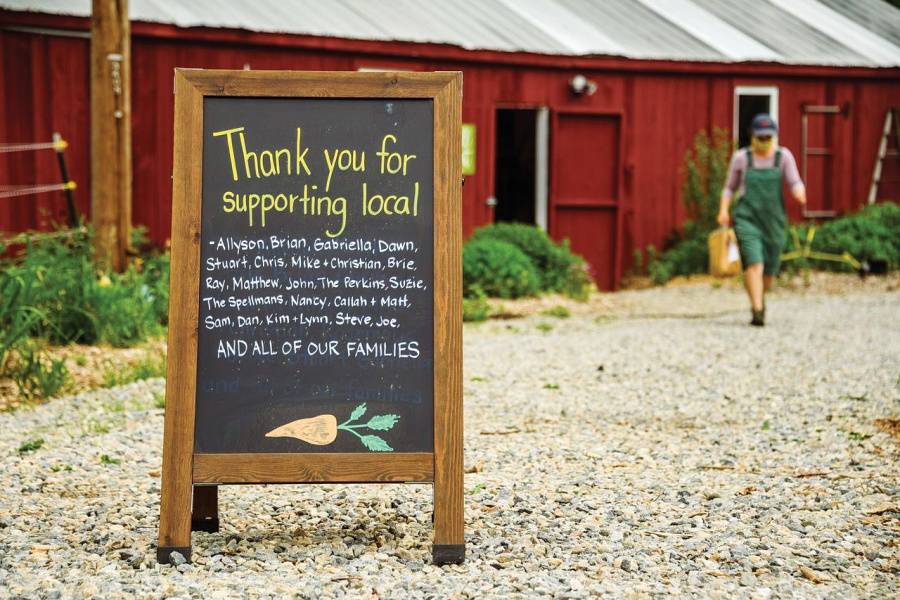Home > Connecticut > Connecticut Farm to Table > Farmers Helping Farmers: Connecticut Producers Support One Another During Pandemic
Farmers Helping Farmers: Connecticut Producers Support One Another During Pandemic
In partnership with: Connecticut Department of Agriculture
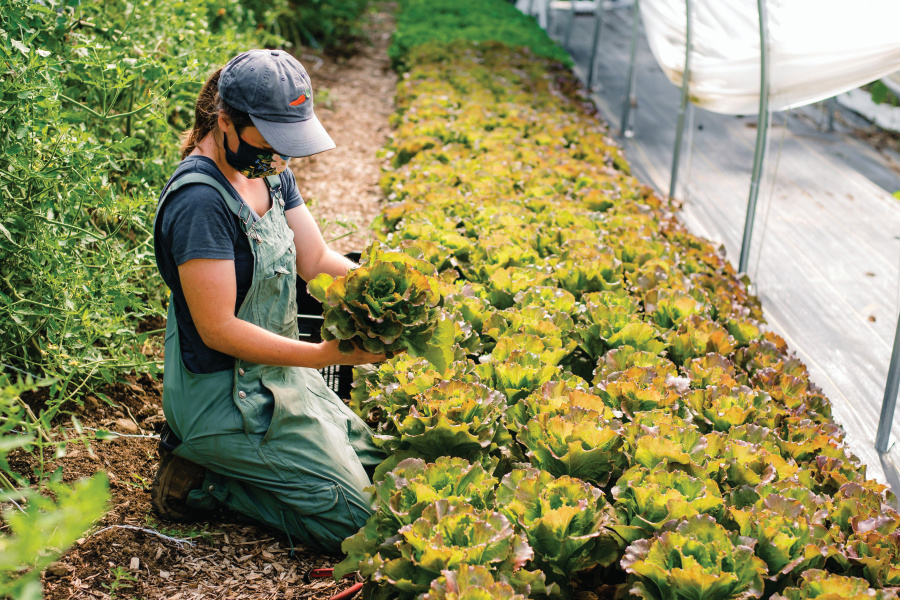
When restaurants across Connecticut halted operations in response to the COVID-19 pandemic in March 2020, disrupting the farm-to-table pipeline, it didn’t take long for the state’s agriculture industry to spring into action.
Producers quickly began collaborating, working together to ensure they could continue selling their harvest – and as a result, new business ventures have taken off. Now, some Connecticut residents have more access to fresh food than ever before.
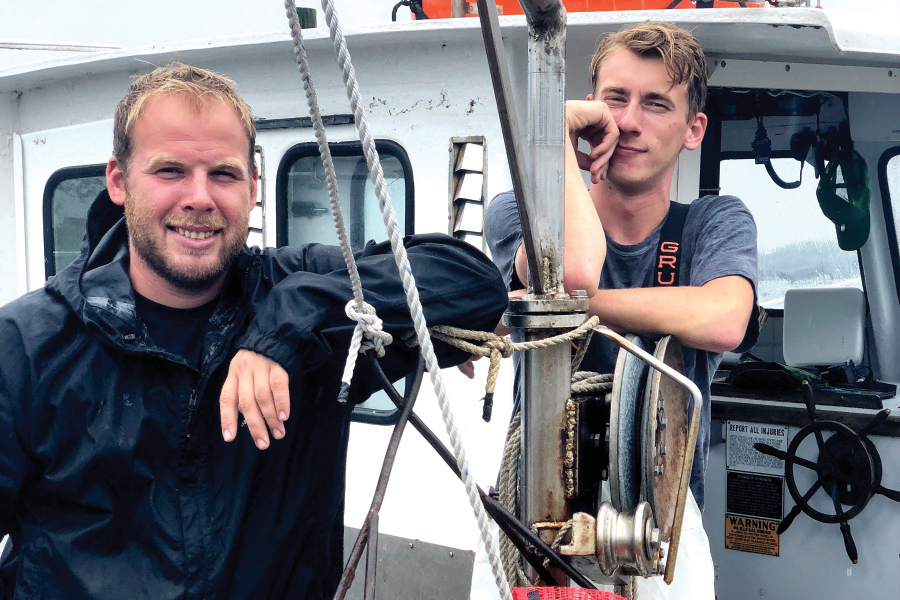
A Fresh Partnership
A seventh-generation family business based in Norwalk, Bell’s Shellfish has harvested oysters and clams from Long Island Sound since 2006, primarily selling to restaurants and wholesale distributors.
The company’s workflow was drastically altered due to COVID-19 and the ensuing restaurant shutdowns, but thanks to the Bureau of Aquaculture, they found a solution that enabled them to keep moving forward.
“The Connecticut Department of Agriculture’s Bureau of Aquaculture helped producers in our industry connect with breweries, farm stands and other farms so we could keep selling shellfish during the pandemic,” says Rob Norrholm, director of business operations for Bell’s Shellfish. “We partnered with Farmer Joe’s Gardens in Wallingford to set up a farm stand on Sundays, and it exploded. I’ve never seen so many people who wanted to buy fresh shellfish.”
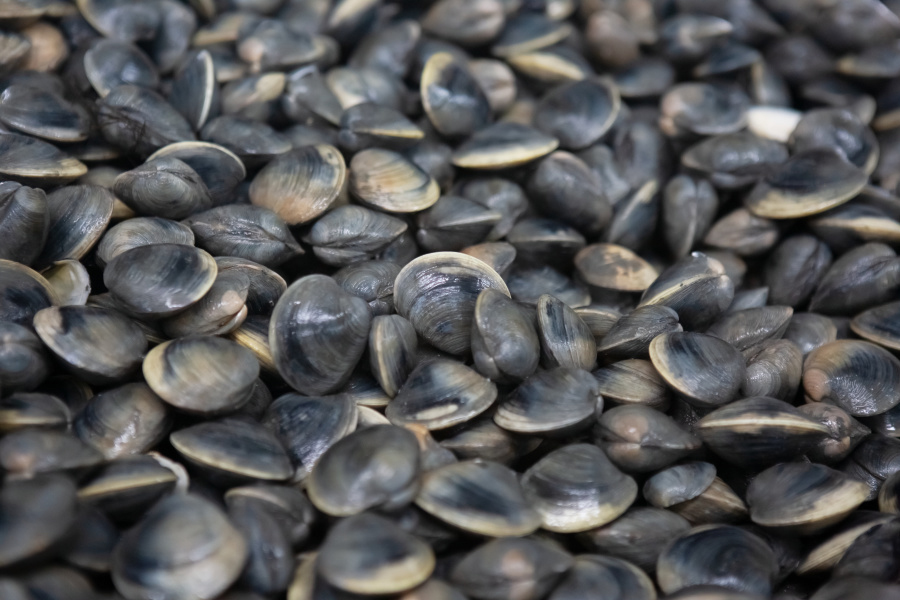
The farm stand’s success has inspired Bell’s Shellfish, which sells both clams and their trademarked Stratford Point Oysters, to continue their direct-to-consumer operation at Farmer Joe’s Gardens even though their workflow has returned to normal. According to Norrholm, that’s largely because of the way he and his team have been able to connect with customers and share their passion for aquaculture.
See more: How Connecticut Helps Beginning Farmers Grow Their Dreams
“Not only have we been able to supply people with truly fresh shellfish that was harvested just 48 hours prior to them getting it in their hands, but we have also had incredible conversations with our customers, many of whom come back week after week,” Norrholm says. “We’ve made some amazing connections. It’s been really special for us to speak directly to consumers and educate them about what we do and how we do it. Without this unique situation, we might not have gotten the opportunity.”
“It’s been really special for us to speak directly to consumers and educate them about what we do and how we do it.”
– Rob Norrholm, director of business operations for Bell’s Shellfish
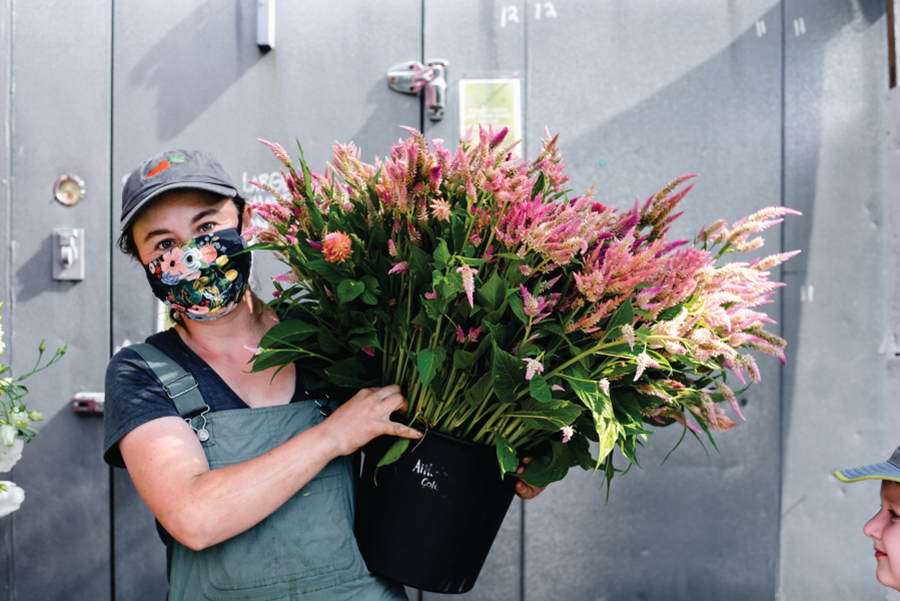
An Online Collective
Another family-owned agricultural operation, Full Heart Farm in Ledyard, also found a way to pivot to a direct-to-consumer business model after the spread of COVID-19 disrupted the farm-to-restaurant supply chain.
In late March 2020, Full Heart Farm owner Allyson Angelini established the Full Heart Farm Collective, an online farmers’ market currently comprising more than 20 local farmers and food producers who offer 100-plus products each week.
“So many farmers I knew were hit really hard, really quickly by the pandemic, and I wanted to find a way to help them,” says Angelini, a first-generation farmer who grows more than 250 varieties of vegetables, herbs and cut flowers at Full Heart Farm. “There was a demand for fresh, healthy food that would be accessible in a safe, reliable way, and I knew we could meet that need; that’s how the Full Heart Farm Collective came to be.”
See more: How the Thimble Islands Initiative Expands Sustainable Aquaculture in Connecticut
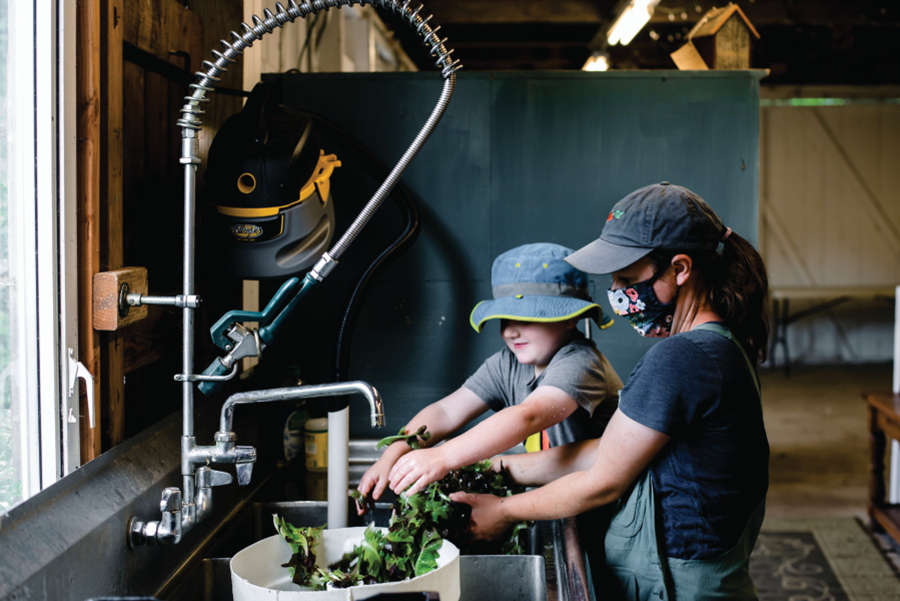
Angelini was right. Within just four minutes of launching, the Full Heart Farm Collective had 75 orders and sold out of many commodities. As word spread in the following weeks, more and more farmers joined the collective.
Offering pickup and curbside delivery service, the Full Heart Farm Collective has helped feed hundreds of families while also making it possible for local producers to maintain their businesses – a win-win solution that Angelini is proud to be a part of.
“A high tide raises all ships,” Angelini says. “Our partners have loved the collective, as have our customers, and for me, it’s felt like something important and helpful I could do to improve life for others during a tough time.”
